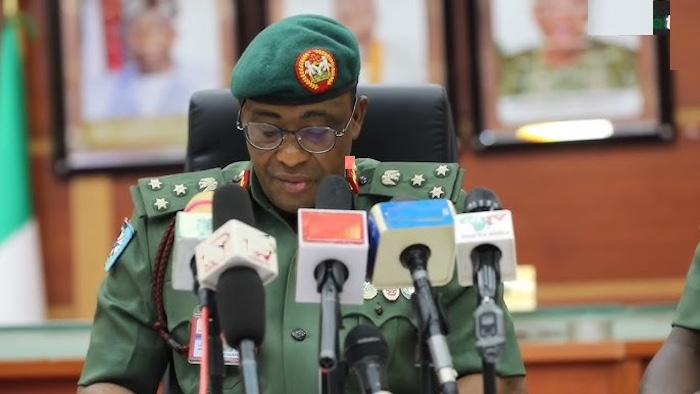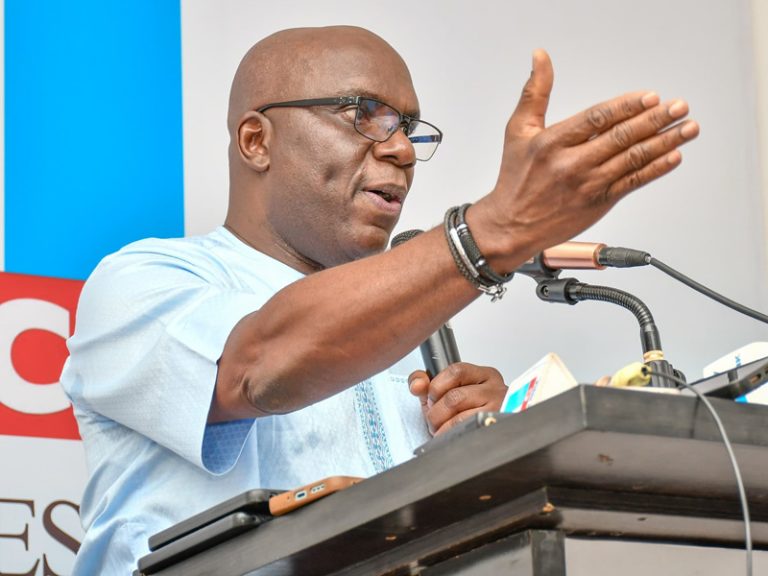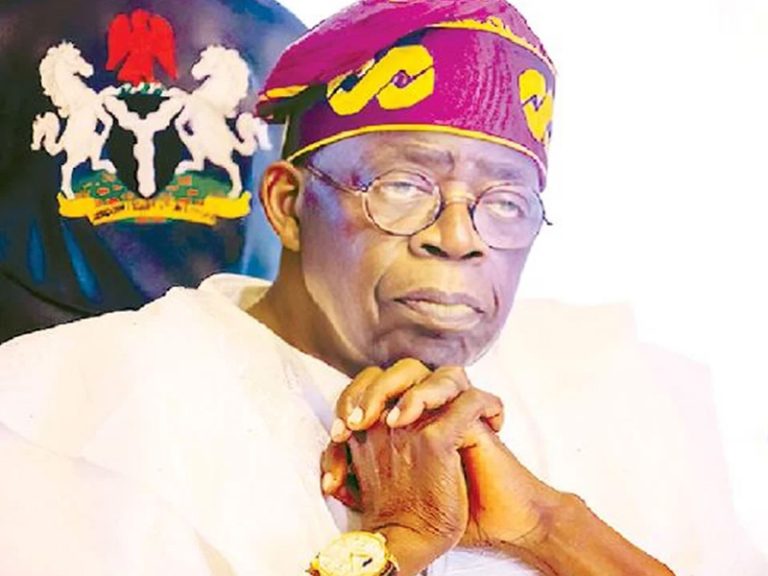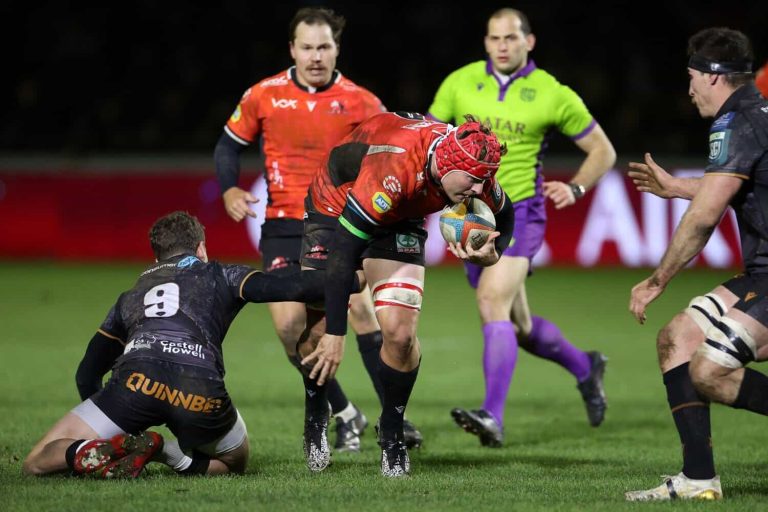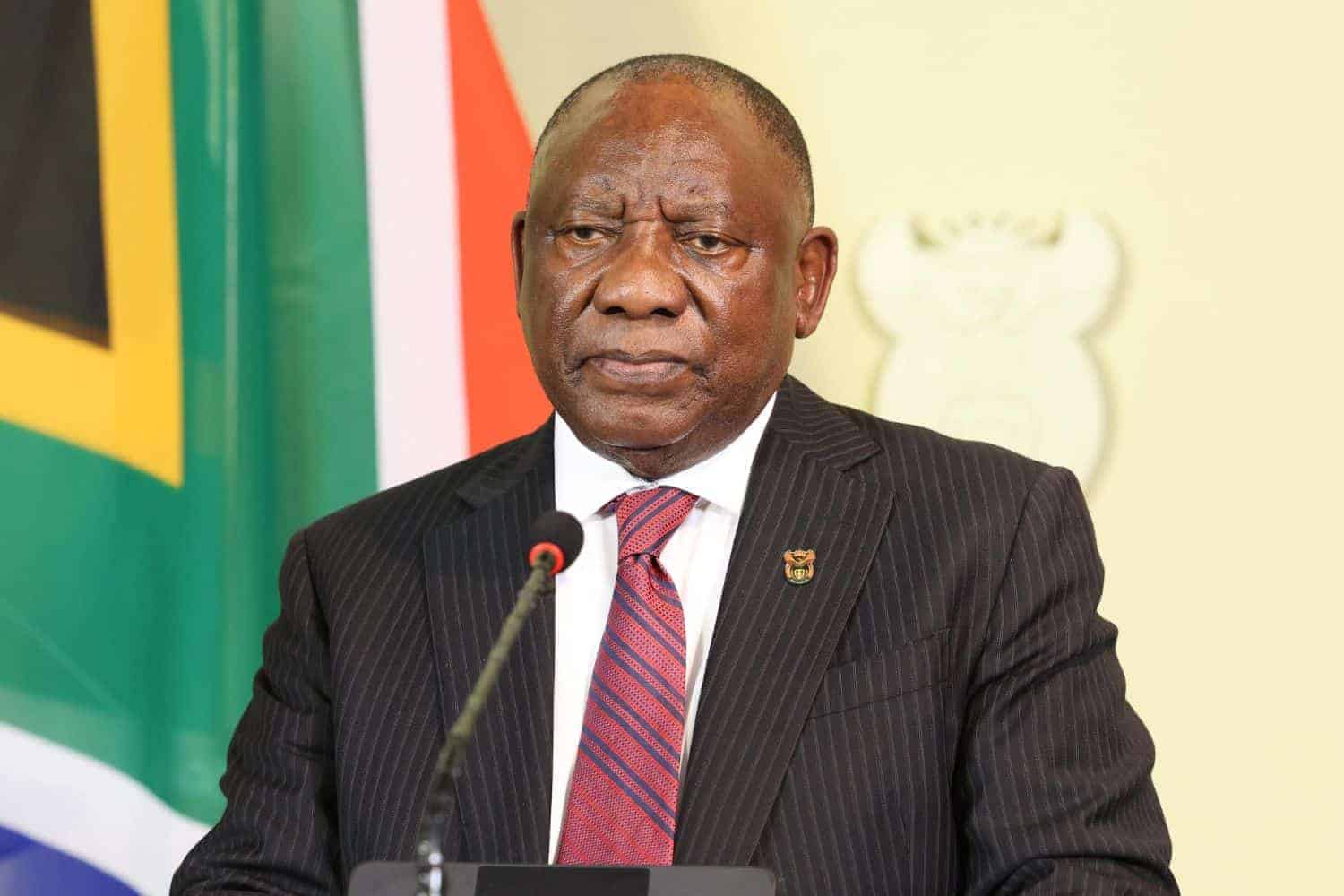
There’s no question that South Africa gained credibility for hosting the G20 summit this weekend, but the extent of the damage to our relationship with the United States will only be known later.
The absence of US President Donald Trump at the summit will ensure that the first such forum on African soil will always be remembered.
Trump boycotted the event after downplaying the importance of SA hosting it, but the G20 leaders still reached a consensus and adopted a declaration.
Leading up to the summit, Trump claimed SA racially discriminates against the white Afrikaner community, saying “bad things are happening here”.
ALSO READ: G20 declaration: Have world leaders turned their backs on Trump?
In his closing remarks, Ramaphosa said: “This summit has taken place at a crucial moment, as calls around the world grow louder for progress on the imperatives of our time: to end poverty in all its forms, to reduce inequality within and among countries, and to take urgent action to combat climate change.”
He added: “The G20 has pledged to extend support to low- and middle-income countries as they confront debt vulnerabilities. Together, we must create a virtuous cycle of reduced debt, higher public investment and more rapid and inclusive economic growth. We have laid the foundation of solidarity; now we must build the walls of justice and the roof of prosperity.
“Through partnerships across society and by remembering our common humanity, we can create a more secure, a more just and a more prosperous world. Together, we can ensure no one is left behind. The greatest opportunity for prosperity in the 21st century lies in Africa. Harnessing that opportunity will require a strong partnership between Africa and the G20 and, indeed, between Africa and the rest of the world,” Ramaphosa said.
On one hand it was good for Ramaphosa to insist we won’t be bullied by the “bigger nations” but the question remains: at what cost?
ALSO READ: Turkish President Recep Tayyip Erdoğan praises SA G20 presidency
